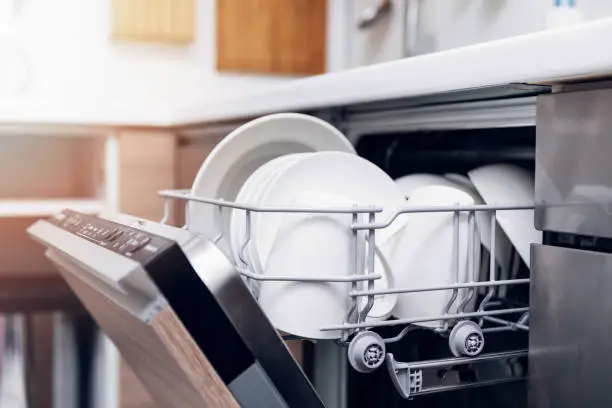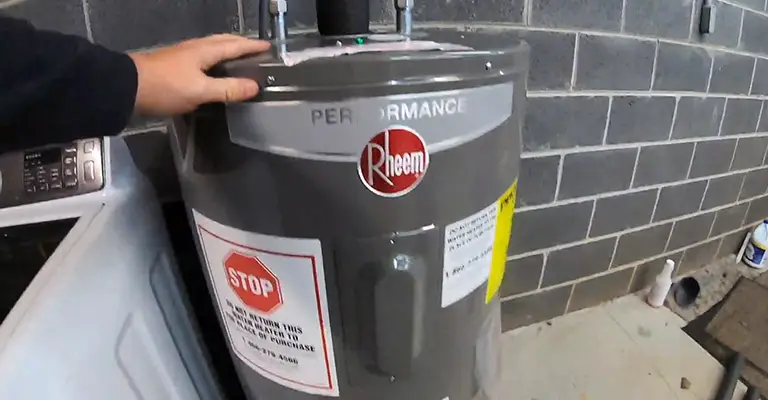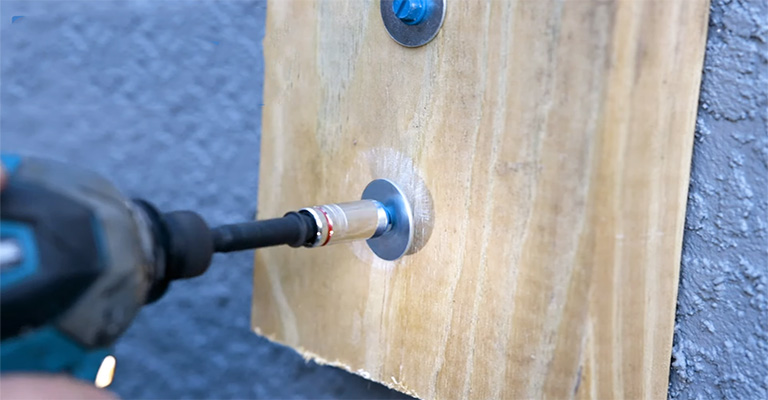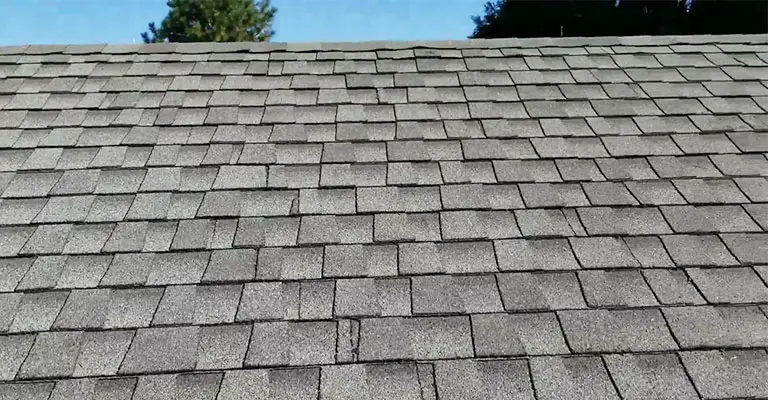Dishwasher Not Cleaning: A Troubleshooting Guide

A dishwasher is a modern-day essential, making our lives easier and taking the hassle out of washing dishes by hand. However, it can be incredibly frustrating when your dishwasher is not cleaning your dishes properly, leaving you with spots, stains, and dried-on food.
If you’re experiencing this issue, fear not! We’ve compiled a comprehensive guide on how to address the problem and ensure your dishwasher is working at its peak performance. Keep reading to learn about common issues, DIY solutions, and when it’s time to call in the professionals.
Common Reasons for a Dishwasher Not Cleaning
Cleaning Dishes in Hot Water Temperature
1. Blocked Spray Arms
One of the most common reasons for a dishwasher not cleaning properly is a blockage in the spray arms. Over time, small food particles, mineral deposits, and other debris can build up in the holes of the spray arms, reducing water pressure and affecting the cleaning power of your dishwasher.
Solution: Remove the spray arms and clean the holes using a toothpick or thin brush. Be sure to also check the water supply tube that connects to the spray arm for any obstructions.
2. Clogged Filters
Your dishwasher has a filter system designed to catch food particles and prevent them from being redeposited onto your dishes during the wash cycle. A clogged or dirty filter can cause your dishwasher to perform poorly.
Solution: Regularly check and clean your dishwasher’s filter. Most filters can be easily removed and cleaned with warm water and a soft brush. Consult your dishwasher’s manual for specific instructions on how to locate and clean the filter.
3. Detergent and Rinse Aid Issues
Using the wrong detergent or not using enough rinse aid can also contribute to your dishwasher not cleaning effectively. Old or expired detergent may not dissolve properly, while a lack of rinse aid can cause spots and streaks on your dishes.
Solution: Always use fresh, high-quality dishwasher detergent, and ensure that your rinse aid dispenser is filled. Experiment with different brands to find the one that works best for your dishwasher and water hardness.
4. Overloading
Overloading your dishwasher can prevent water and detergent from reaching all surfaces of your dishes, resulting in a poor cleaning performance.
Solution: Be mindful of how you load your dishwasher, ensuring that dishes are not overcrowded and that water can reach all areas. Refer to your dishwasher’s manual for proper loading techniques and guidelines.
5. Insufficient Water
If your dishwasher is not filling with enough water, it won’t be able to clean your dishes effectively. This could be due to a malfunctioning water inlet valve or a kinked water supply hose.
Solution: Check the water supply hose for any kinks or damage and ensure that the water inlet valve is functioning properly. If you suspect a faulty valve, it’s best to call a professional for a replacement.
When to Call a Professional
Soap Dispenser and Dishwasher Filter
While many dishwasher issues can be resolved through regular maintenance and simple DIY solutions, there may be instances when it’s best to call in a professional. If you’ve tried the above tips and your dishwasher is still not cleaning effectively, it could be due to a more serious problem, such as a malfunctioning pump, motor, or heating element.
In these cases, it’s important to consult a trained technician who can accurately diagnose the issue and recommend the appropriate repairs. Attempting to fix complex issues on your own can result in further damage and potentially void your dishwasher’s warranty.
Conclusion
Broken Soap Dispenser
If your dishwasher is not cleaning your dishes properly, it’s essential to address the issue promptly. By regularly maintaining your appliance and following our expert tips, you can improve the performance of your dishwasher and enjoy sparkling clean dishes once again. Should you encounter a problem that requires professional intervention, don’t hesitate to contact a qualified technician to ensure a safe and effective repair.
Dirty Filter Older Dishwashers
It’s crucial to be mindful of smaller details that can impact the efficiency of your dishwasher. Make it a habit to remove excess food debris from your dishes before loading them into the appliance, and regularly add rinse aid to combat water spots and mineral buildup. Keep your kitchen sink clean and free from blockages, as this can affect the performance of your dishwasher’s drainage system.
Optimal Washing
Light mineral buildup can be removed using a dishwasher-safe descaler or by running a cycle with a cup of white vinegar. Don’t forget to monitor the temperature settings on your water heater, as it plays a significant role in ensuring proper cleaning and sanitization. By addressing all these aspects, including fixing a clogged spray arm, you can keep your dishwasher in top shape and enjoy the convenience of spotlessly clean dishes every time.
Too Much Detergent
Remember, a well-functioning dishwasher not only saves you time and effort but also helps conserve water and energy. By staying vigilant about your dishwasher’s performance and addressing any issues as they arise, you can enjoy the convenience and efficiency of this indispensable kitchen appliance for years to come. By implementing the strategies listed above and staying informed about your dishwasher’s needs, you can maintain its performance and enjoy spotless, clean dishes with every cycle.






